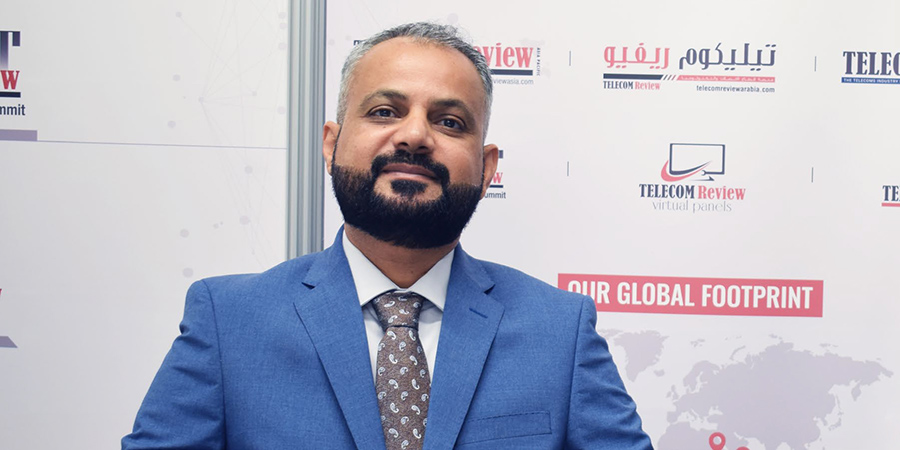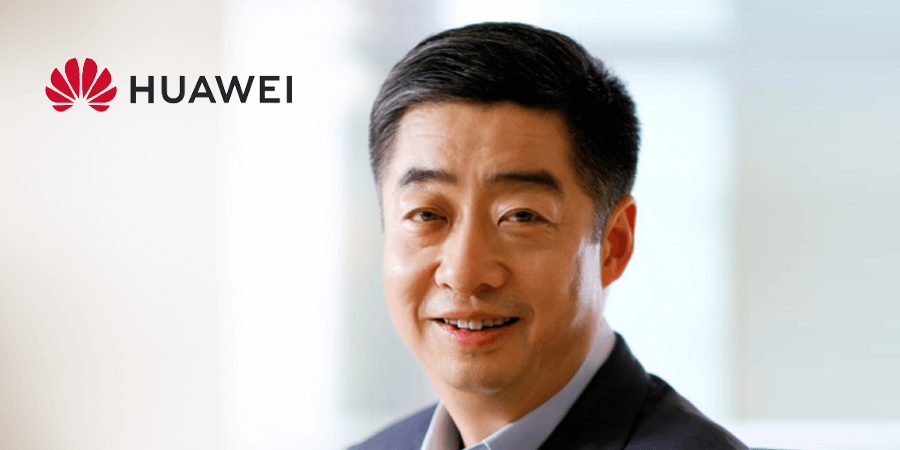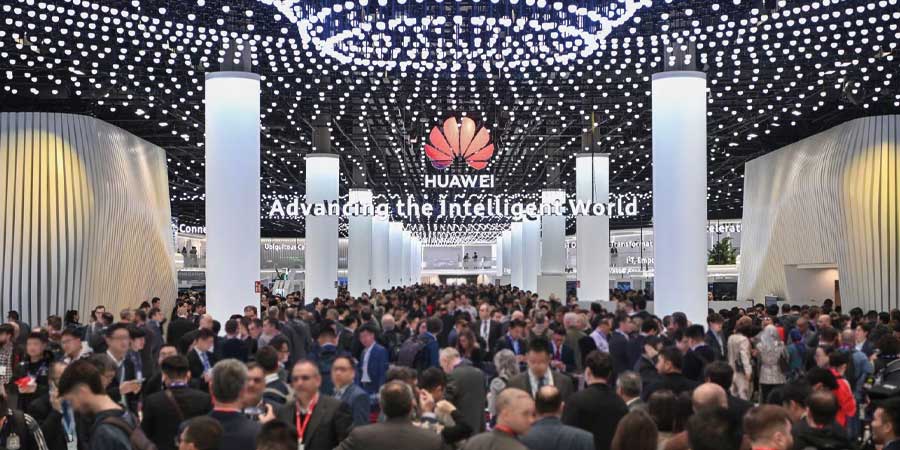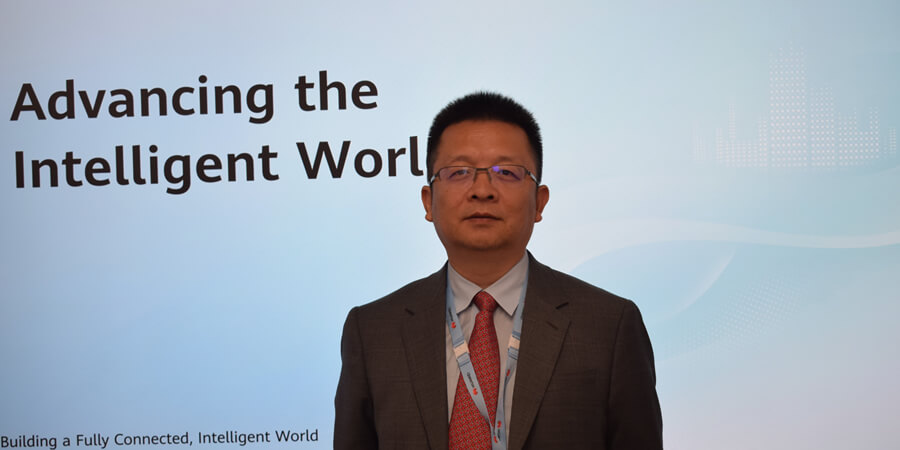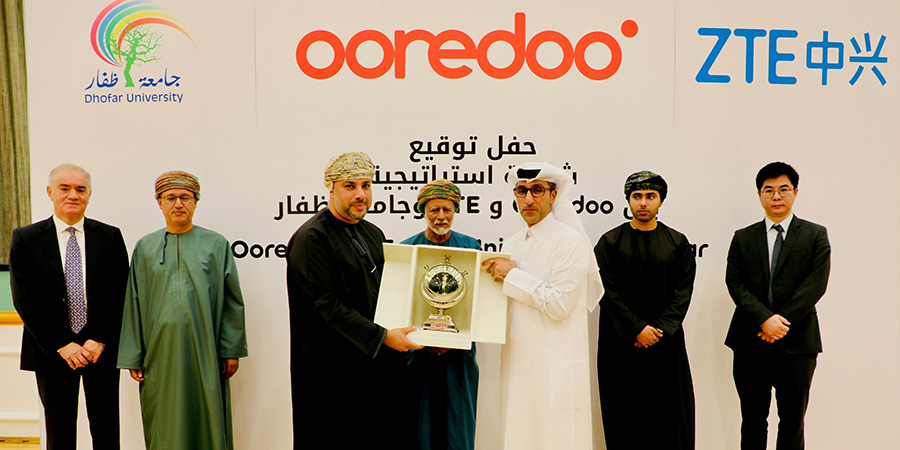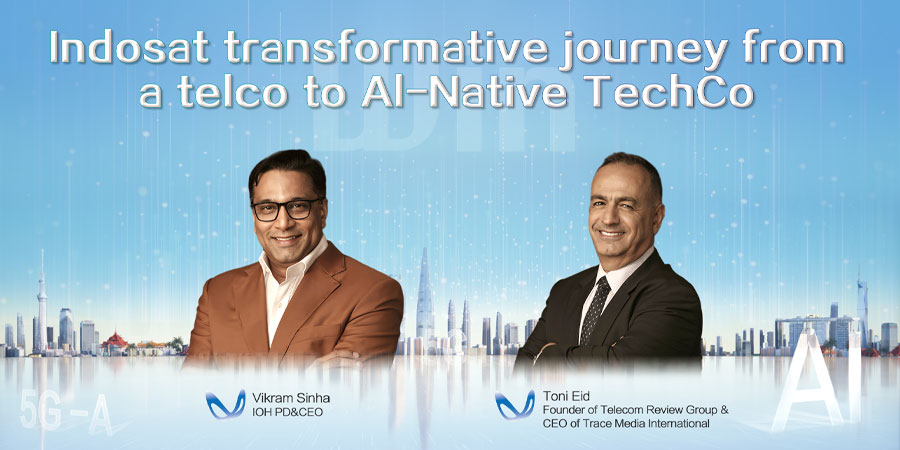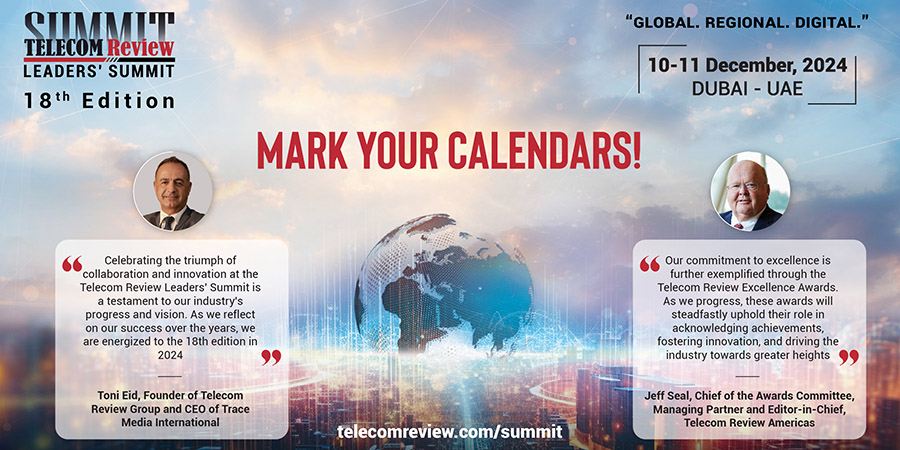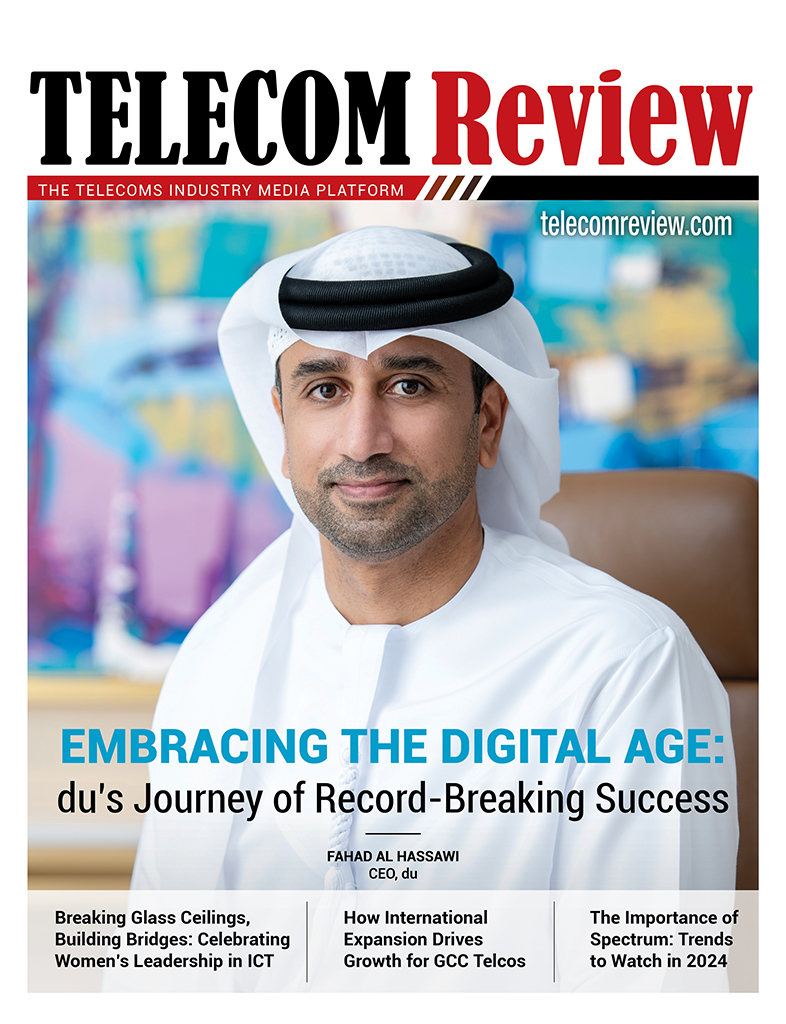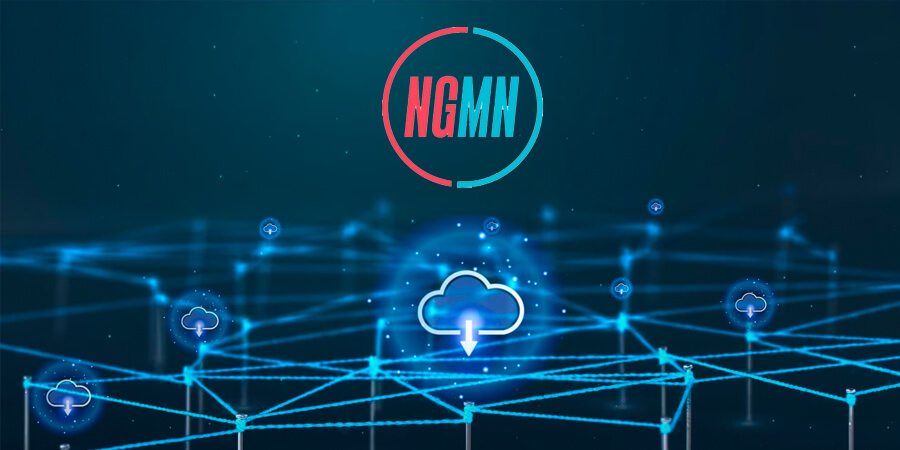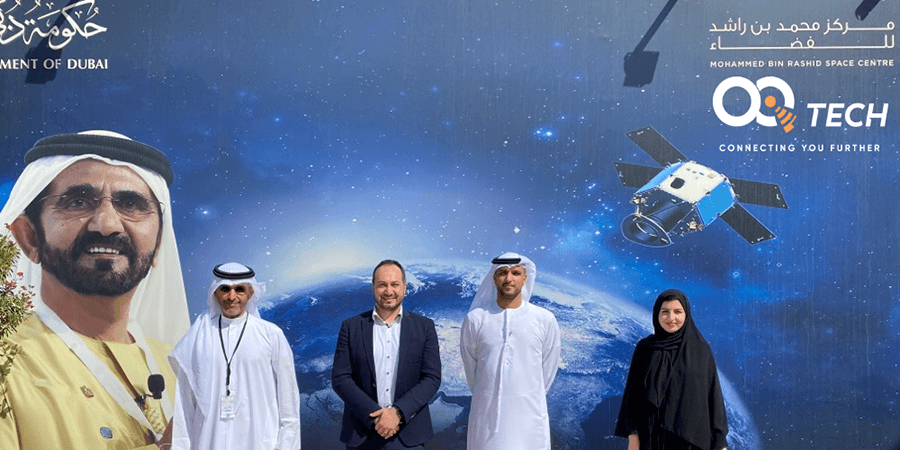5G mobile devices have been recently launched by Huawei, ZTE, Oppo, Samsung, etc. However, the importance of 5G technology is not limited to making a call or experiencing uninterrupted video streaming on mobile; it holds greater potential and capacities which serve the whole IoT ecosystem with hyper-fast speed and almost zero latency.
Many manufacturers are seeking opportunities to accelerate business growth through the adoption of digital technologies. In order to drive the fourth industrial revolution, technologies such as autonomous vehicles, robots and big data analytics are enabling companies to make the leap to smart, data-driven, flexible manufacturing.
But, are chipsets developed to support those technologies, including quantum computing?
5G networks offer tremendous benefits to manufacturers in terms of data speed, latency, efficiency, reliability, capacity and security. The technology is designed to be as fast and dependable as fiber optic, and offers better capacity at a lower cost with more flexibility.
5G will improve the delivery of mobile broadband services in comparison with previous wireless technologies, but should support a wide range of new solutions and digital capabilities based on AI, autonomous operations, VR and drones which are among the solutions that will employ 5G networks to deliver big gains in productivity and to accelerate innovation.
Manufacturers should focus on developing the next 5G chipset which can serve any industry using AI, IoT, big data, VR and the likes.

















